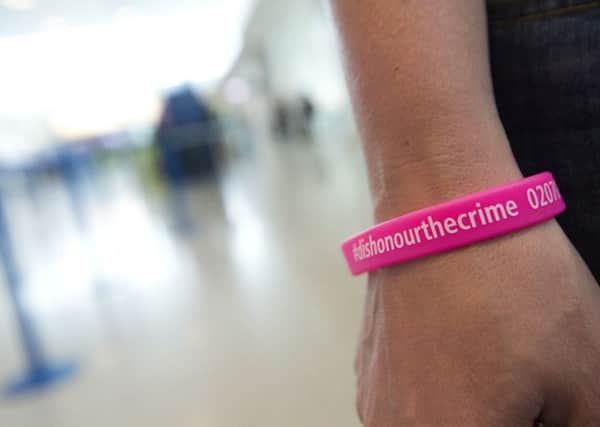50 victims of female gential mutilation in Leeds last year


The figures show the ongoing scale of the challenge to fight FGM across the UK, where thousands of new cases were recorded, shortly after the first person to be convicted of the “barbaric” act was jailed.
NHS Digital figures show that victims of FGM – where female genitals are cut, injured or changed for no medical reason – in Leeds were seen by NHS Services on at least 56 appointments in 2018. Of those, at least 56 were having their injuries recorded by doctors, nurses or midwives for the first time.
Advertisement
Hide AdAdvertisement
Hide AdAcross England, there were more than 8,500 appointments for women and girls with FGM at NHS services over the 12-month period, with nearly 4,000 having their injuries recorded for the first time. While concentrated on larger cities across England, the new figures surprisingly show that cases are also found in the country’s smaller towns and rural regions. The NSPCC estimates that 137,000 people living in the UK are victims of FGM.
FGM is illegal in the UK. Carrying it out or assisting in it being conducted, either in the UK or abroad, can be punished with up to 14 years in prison. At the start of March, a 37-year-old Ugandan woman was jailed for 13 years for cutting her three-year-old daughter, becoming the first person in the UK to be sentenced for FGM.
John Cameron, head of the NSPCC’s Childline, said: “This landmark case sends a very clear message that FGM will not be tolerated in this country under any circumstances.
“Some cultures consider FGM a necessary part of bringing up a young girl. There may even be pressures for families to conform.
Advertisement
Hide AdAdvertisement
Hide Ad“The truth is it is a horrific form of child abuse and a criminal offence which has no place in today’s society.
“If we want to protect girls from this dangerous and potentially life changing practice we need to talk about FGM, encourage people to seek help and advice and report any concerns.”